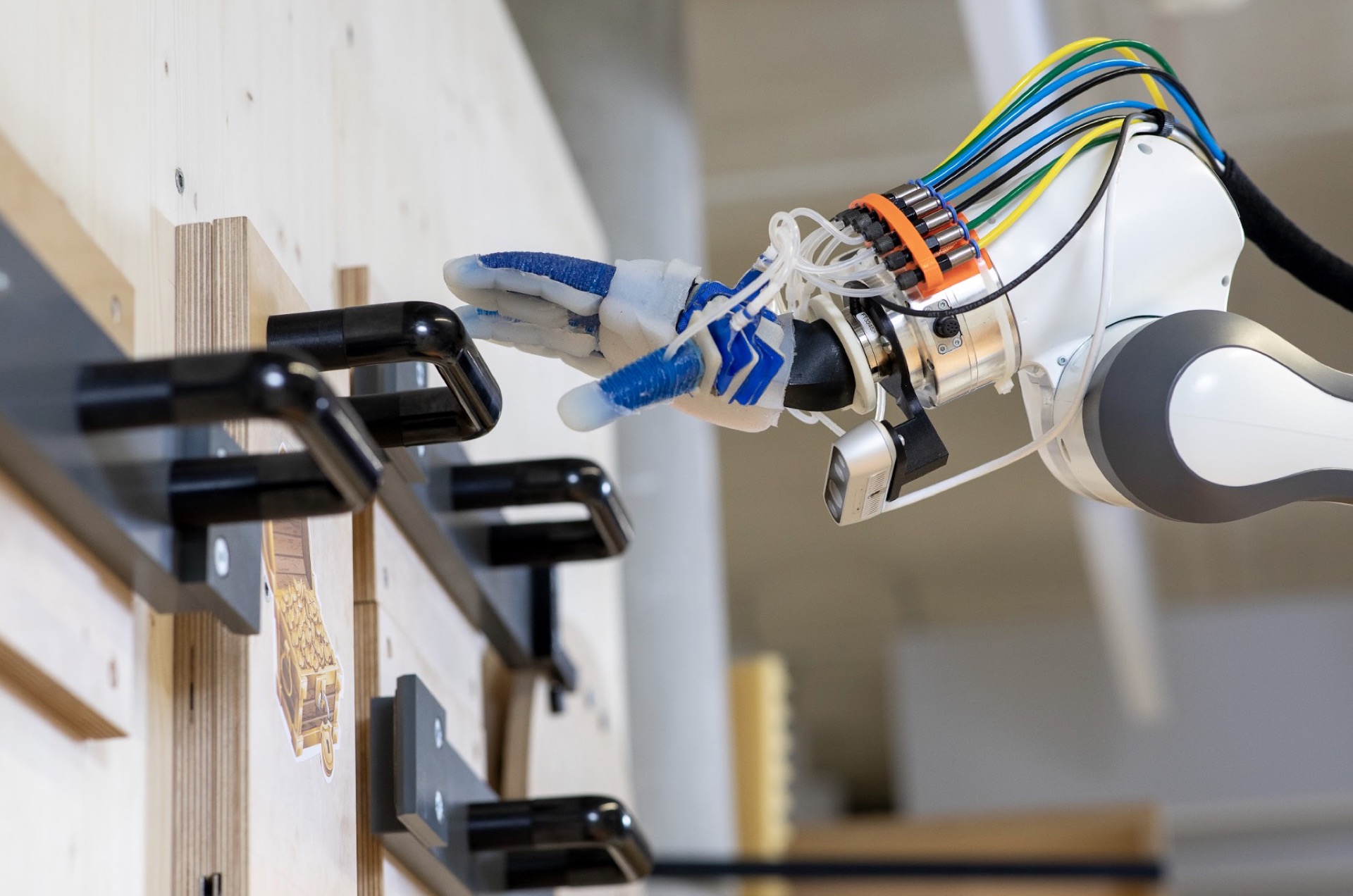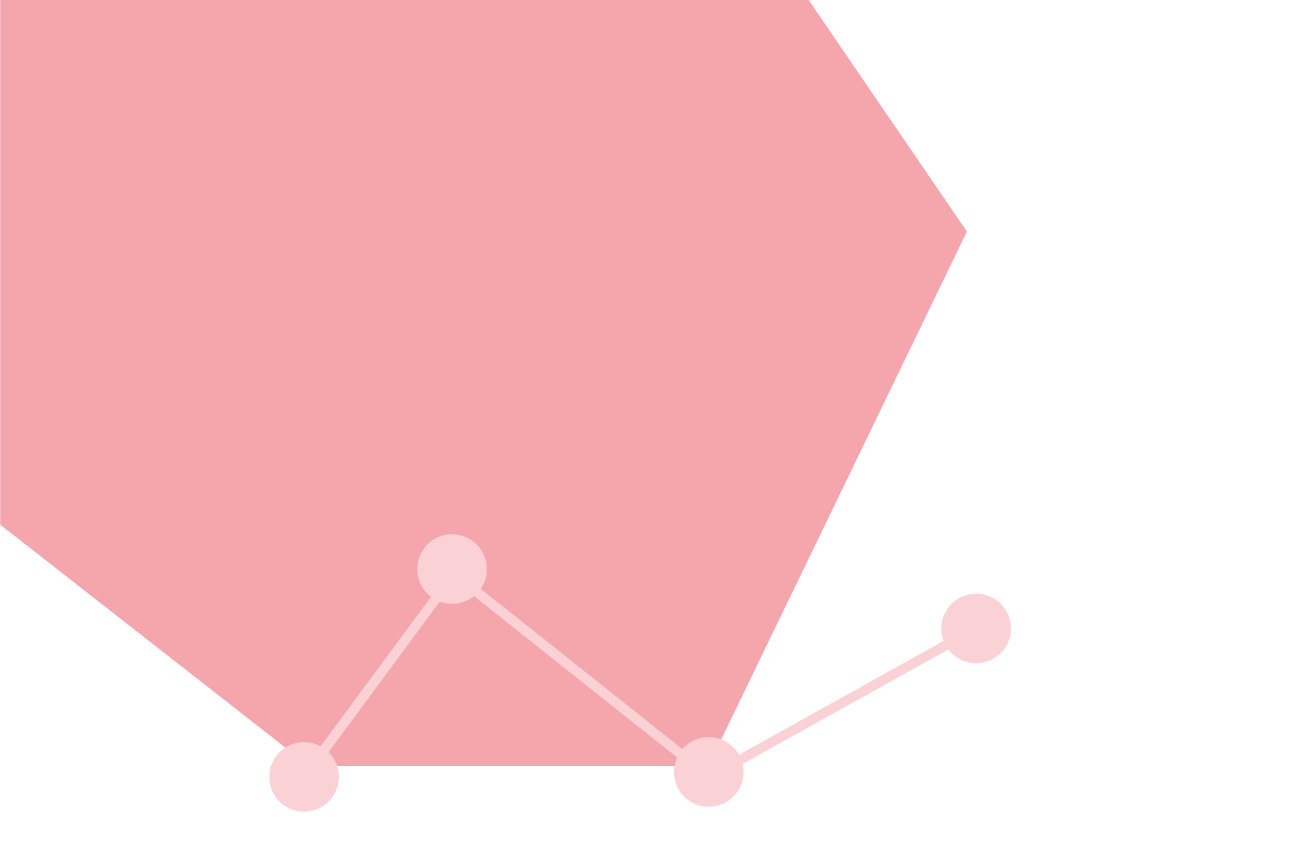Through this page you can access all the useful information to apply to Science of Intelligence. Learn about our admission process, check the latest on our yearly call for applications, and read the most frequently asked question about the admission process at SCIoI.










